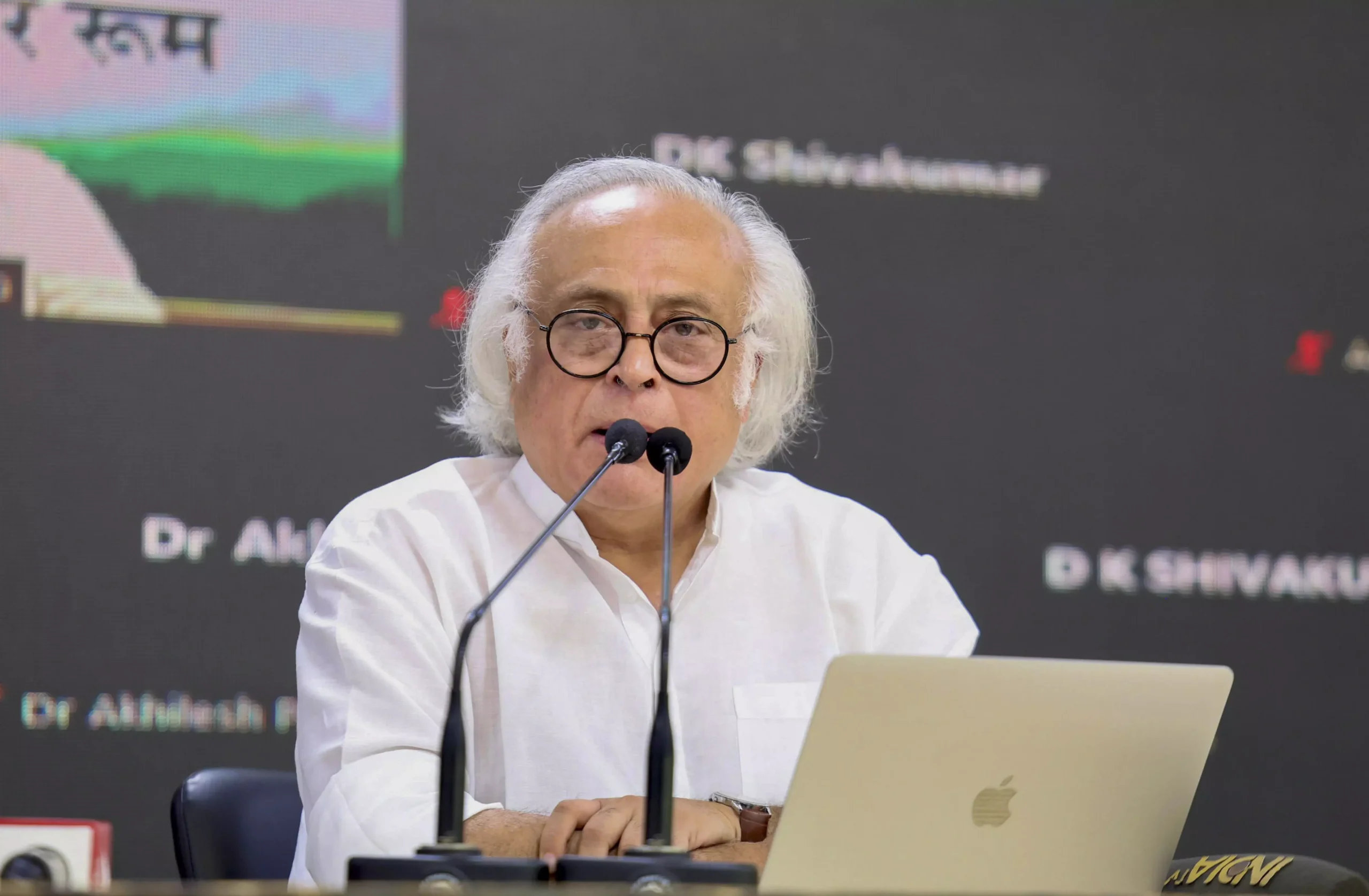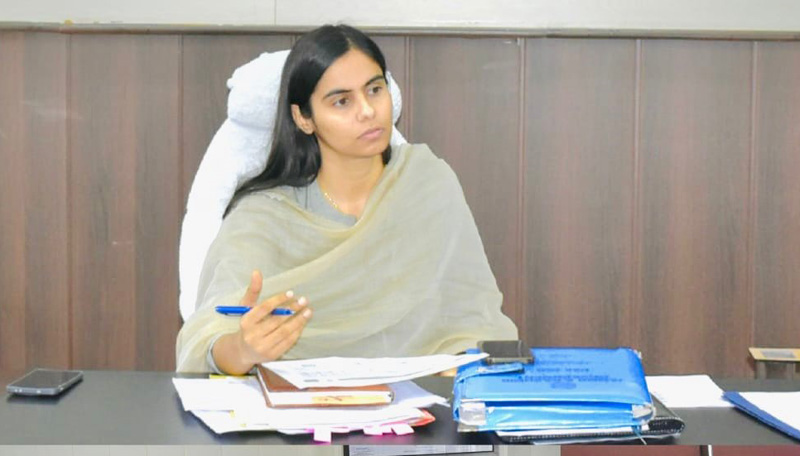Congress Terms India’s Air Pollution Crisis a “Full-Blown Assault” on Health, Demands Urgent Policy Overhaul
NEW DELHI: The Congress on Sunday described India’s worsening air pollution as more than a respiratory crisis, calling it a “full-blown assault” on people’s brains and bodies. The party demanded a complete revision of the National Clean Air Programme (NCAP) and an urgent update to the National Ambient Air Quality Standards (NAAQS).
Congress general secretary (communications) Jairam Ramesh warned that air pollution has become both a public health catastrophe and a national security threat affecting the country’s society, healthcare system, and future workforce.
“India’s air pollution crisis is no longer just a respiratory issue. It’s now a full-blown assault on our brains and bodies,” Ramesh said on X.
Citing data from the State of Global Air 2025 report, Ramesh noted that around 2 million deaths in India in 2023 were linked to air pollution — a 43% increase since 2000. Nearly nine out of ten of these deaths were caused by non-communicable diseases such as heart disease, lung cancer, diabetes, and dementia.
According to him, India records 186 air-pollution-related deaths per 100,000 people, which is over ten times higher than the rate in high-income countries. He added that air pollution is responsible for about 70% of COPD deaths, 33% of lung cancer deaths, 25% of heart disease deaths, and 20% of diabetes deaths in India.
Ramesh also highlighted emerging evidence linking prolonged exposure to PM2.5 (fine particulate matter) with brain damage and cognitive decline, noting that globally, 626,000 dementia deaths in 2023 were associated with air pollution.
He further pointed out that India’s PM2.5 standards are eight times higher than the World Health Organization’s annual exposure guideline and four times higher for 24-hour exposure. Despite the NCAP being launched in 2017, he said, PM2.5 levels continue to rise, and every person in India now lives in an area where air quality exceeds WHO limits.
“We must radically revise the NCAP and urgently update the NAAQS, which were last revised in November 2009 after a careful review,” Ramesh said.
The Congress leader also shared the State of Global Air 2025 report on X, which presents a comprehensive analysis of air quality and its health impacts worldwide.













